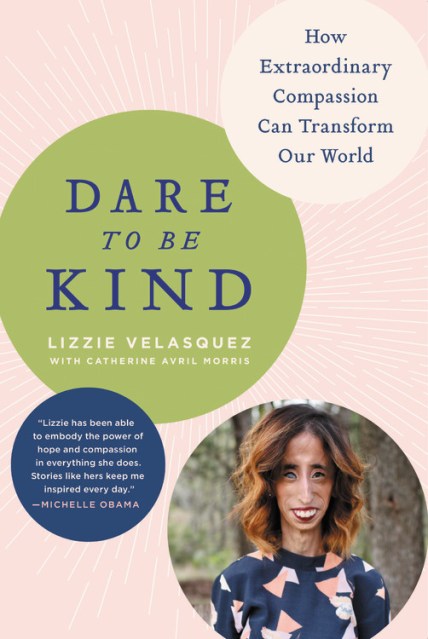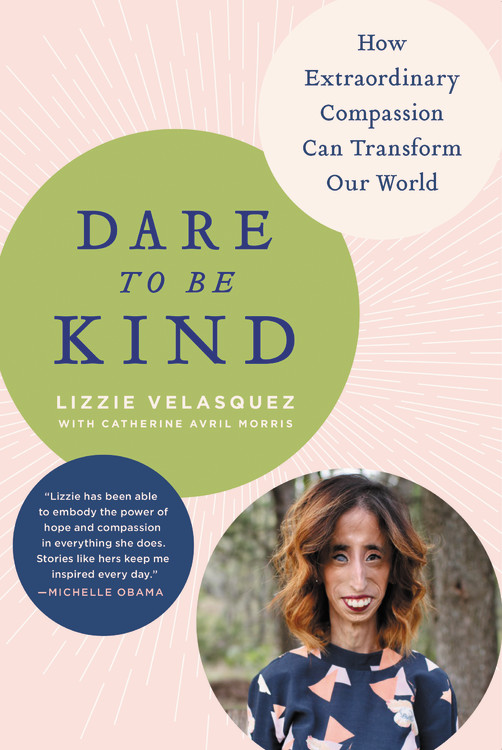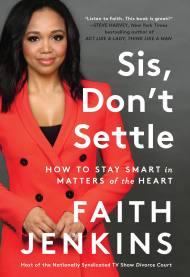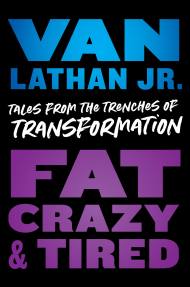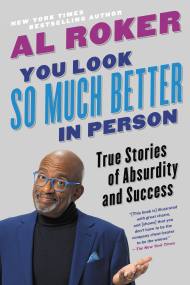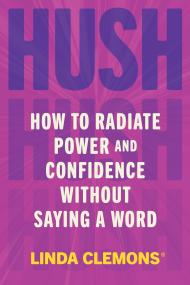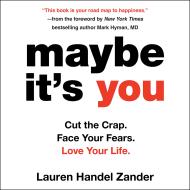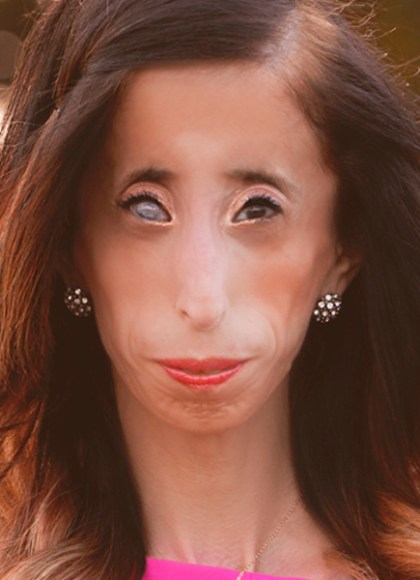By clicking “Accept,” you agree to the use of cookies and similar technologies on your device as set forth in our Cookie Policy and our Privacy Policy. Please note that certain cookies are essential for this website to function properly and do not require user consent to be deployed.
Dare to Be Kind
How Extraordinary Compassion Can Transform Our World
Contributors
With Catherine Avril Morris
Formats and Prices
- On Sale
- Mar 13, 2018
- Page Count
- 208 pages
- Publisher
- Legacy Lit
- ISBN-13
- 9780316272469
Price
$14.99Price
$19.49 CADFormat
Format:
- Trade Paperback $14.99 $19.49 CAD
- ebook $9.99 $12.99 CAD
- Audiobook Download (Unabridged)
This item is a preorder. Your payment method will be charged immediately, and the product is expected to ship on or around March 13, 2018. This date is subject to change due to shipping delays beyond our control.
Buy from Other Retailers:
Motivational speaker Lizzie Velasquez shows us how we can learn self-acceptance, and in doing so, we create a more compassionate world for everyone.
Born with a rare genetic condition, Lizzie Velasquez always knew she was different, but it wasn’t until she was older that she understood what that meant to herself and others.
In this daring, inspirational book, Lizzie reveals the hidden forces that give rise to self-doubt and empowers us to unlock empathy and kindness for ourselves and others. Through her own battles with anxiety and depression she demonstrates how we can overcome obstacles and move forward with greater positivity and hope.
Dare to Be Kind offers the path to self-acceptance, love, and tolerance, and provides a framework for living with confidence and resilience, and ultimately, forging a radically compassionate world.
“Sometimes we are met with overwhelming challenges that knock us off our feet-but [Lizzie has] been able to embody the power of hope and compassion in everything [she does].”—Michelle Obama
Born with a rare genetic condition, Lizzie Velasquez always knew she was different, but it wasn’t until she was older that she understood what that meant to herself and others.
In this daring, inspirational book, Lizzie reveals the hidden forces that give rise to self-doubt and empowers us to unlock empathy and kindness for ourselves and others. Through her own battles with anxiety and depression she demonstrates how we can overcome obstacles and move forward with greater positivity and hope.
Dare to Be Kind offers the path to self-acceptance, love, and tolerance, and provides a framework for living with confidence and resilience, and ultimately, forging a radically compassionate world.
“Sometimes we are met with overwhelming challenges that knock us off our feet-but [Lizzie has] been able to embody the power of hope and compassion in everything [she does].”—Michelle Obama
-
"[A] heartfelt and powerful treatise about the importance of being kind, gleaned from first-hand experience...Readers will be inspired by Velasquez's resilient spirit."Publishers Weekly (starred review)
-
"Lizzie Velasquez is making our culture a kinder one by encouraging people to undermine hate through self-acceptance and everyday acts of empathy. Her heart and humor shine through on every page!"Lilly Singh, entertainer, comedianand author of How to Be a Bawse: A Guide to Conquering Life
-
"Lizzie's story should be mandatory reading for everyone. It's powerful, inspirational, and will leave you with hope that there is good in this world; Lizzie is leading that movement with her words and passion."Justine Ezarik, author of The New York Times bestseller I,Justine: An Analog Memoir
-
"Lizzie is a true inspiration with a powerful and positive message. In a world where anyone can be bullied online, her story and insightful advice are the perfect guide to finding your own way."Rosanna Pansino, author of the New York Times bestsellerNerdy Nummies Cookbook
-
"Eschewing victimhood, Velasquez argues thatBooklist
everyone struggles with valleys in life and though her valley is rarer, it is no different in depth and impact.
This is a wonderful and fast read, full of vitality that captures the luminous spirit of kindness that
Velasquez so beautifully embodies." -
"Lizzie Velasquez's courage and compassion shine through as she shares her inspirational journey. No matter what challenges you face in life, Dare to Be Kind can help you find the strength to overcome them."Amy Morin, author of 13 Things Mentally Strong People Don't Do
-
"Lizzie Velasquez is proof that the only way to make a dream happen is to believe in it. No matter what anyone says--especially the voice in your own head. She dares us to be kind to each other, love ourselves, and become the cheerleader in our own life's story."LaurenZander, Co-Founder of Handel Group and author of Maybe It's You: Cut theCrap, Face Your Fears, Love Your Life
-
"Lizzie Valasquez touched me. And I'm so glad she did. (Take this in the least creepiest way possible.) Her story, her strength and her kindness are not only inspirational to me, but to millions. And to millions more! This incredible book needs to come with every bedside table, coffee table and school desk around."Liza Koshy, comedian and social media personality
-
"I dare to be more like Lizzie! People full of love and light are the ones that are setting the bar for all of us. Dare to Be Kind is incredible and I'm so excited to see what else is in store for this lovely lady! Spread love always."Miles McKenna, actor, comedian and LGBTQ+activist
-
"Lizzie's message of spreading kindness and positivity is one that speaks to all ages. I loved Dare to Be Kind!"AmymarieGaertner, actress, dancer andsocial media personality
Newsletter Signup
By clicking ‘Sign Up,’ I acknowledge that I have read and agree to Hachette Book Group’s Privacy Policy and Terms of Use
